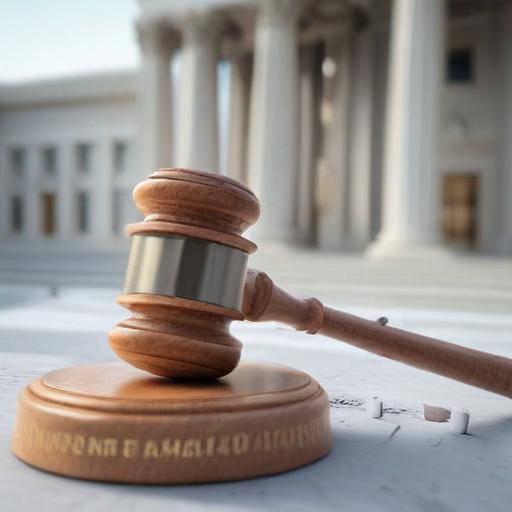The Supreme Court’s decision on Thursday favored South Carolina in its quest to defund Planned Parenthood, stating that individuals enrolled in Medicaid lack the legal standing to sue over their choice of medical provider. This landmark 6-3 ruling, penned by Justice Neil Gorsuch, aligns with the conservative majority on the bench.
The court concluded that the federal Medicaid law does not grant patients the authority to initiate claims against state policies regarding their healthcare providers. Gorsuch remarked that while Congress can clearly outline provisions for private lawsuits if it intends to grant such rights through federal funding, the existing law does not meet this threshold.
Despite existing bans on federal funding for abortion, conservatives have persistently sought to limit funding to Planned Parenthood, arguing that even non-abortion-related funds contribute to the organization’s operations that support abortion rights.
Justice Ketanji Brown Jackson, dissenting with her liberal colleagues, cautioned that this ruling weakens the Civil Rights Act of 1871, which was designed to allow individuals to sue for civil rights infringements. She criticized the majority opinion for enabling South Carolina to evade accountability for infringing on Medicaid recipients’ rights to select their healthcare providers.
South Carolina’s legislative landscape has shifted since the Supreme Court’s overturning of Roe v. Wade in 2022, with the state now enforcing a six-week abortion ban, resulting in a significant reduction in abortion services. Planned Parenthood operates clinics in Charleston and Columbia, offering a range of health services that adhere to the new legal framework, including contraception, cancer screenings, and pregnancy testing.
This ruling emerges from a prolonged legal battle initiated by Julie Edwards, a Medicaid recipient, who sought to use Planned Parenthood services. After an initial victory in a lower court, the case eventually escalated to the Supreme Court, culminating in this defining decision.
The implications of this ruling resonate deeply, as it could potentially reshape the rights of Medicaid recipients and how states administer healthcare funding. Advocates for reproductive rights continue to be concerned about the limitations this places on access to essential health services for low-income individuals.
